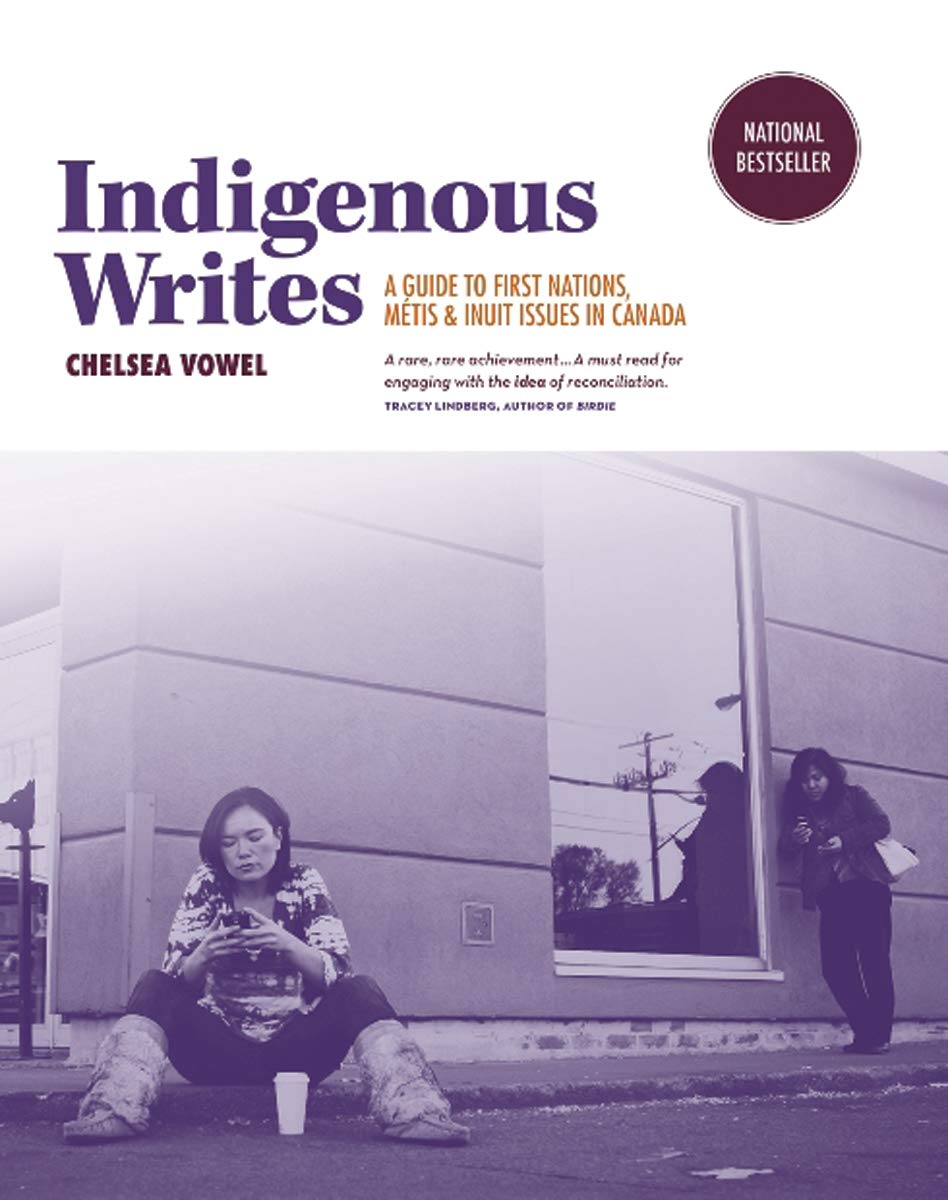Since long before Canada was formed, the Stó:lō (people of the river) have occupied the land on which UFV is located. Their territory is the Fraser Valley and lower Fraser Canyon of British Columbia and they speak Halq'eméylem, also known as the upriver dialect. UFV recognizes and honours the contribution that Indigenous people have made − and continue to make − to our community.
Drawing on case studies from Australia, the Pacific and Southeast Asia, this book considers what it means to participate in community-led research, for both communities and researchers.

In 31 essays, Chelsea explores the Indigenous experience from the time of contact to the present, through five categories—Terminology of Relationships; Culture and Identity; Myth-Busting; State Violence; and Land, Learning, Law, and Treaties.

This book is a collaboration of works stemming from the International Indigenous Voices in Social Work Conference w and reflects the conference's theme of Indigenous Knowledges
Search Tip
To find sources about Indigenous peoples, use key terms such as:
Where possible, search in subjects, rather than just using keywords.
© , University of the Fraser Valley, 33844 King Road, Abbotsford, B.C., Canada V2S 7M8

